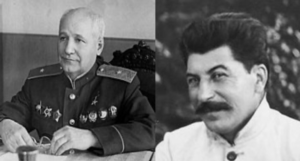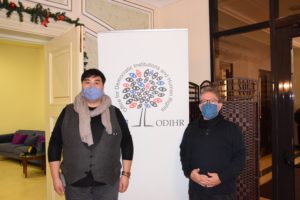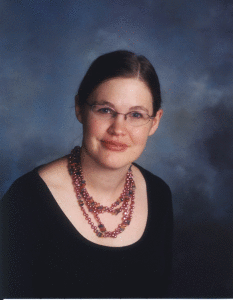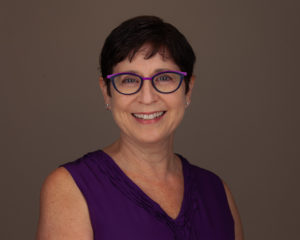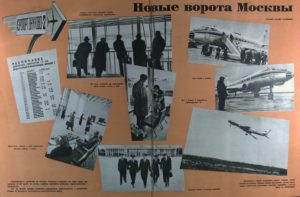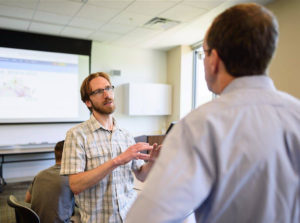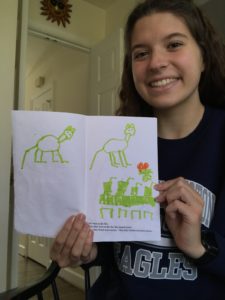
Sophomore Helen Dhue is about to publish a children’s book based on a story that she wrote as a child. Inspired by courses on immigration history and racism that she’s taken at UMW, Dhue hopes her book will help parents and educators have conversations with children about discrimination and inclusion.
Home during quarantine, University of Mary Washington sophomore Helen Dhue found herself rifling through childhood belongings. Among old papers and artwork, she discovered a book she wrote as a kindergartner.
As she turned the pages, inspiration struck. Influenced by classes she’d taken at Mary Washington as part of her history major, Dhue put pen to paper. She’ll soon release her self-published children’s book, The Cats Who Like Bats, based on the story she dictated to her mother all those years ago. Dhue, who is also enrolled in UMW’s education program and aspires to teach high school history, hopes the tale will help parents and educators broach with young children complex topics like racism, discrimination, diversity and inclusion. Read more.
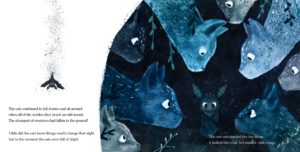
“I appreciated that classes I’ve taken at UMW have allowed us to have open discussions so we could better understand one another and be more sensitive to other people’s experiences,” said Dhue, who was influenced by history courses she took focusing on immigration and Latin America. Illustration by Julia Lopresti.
